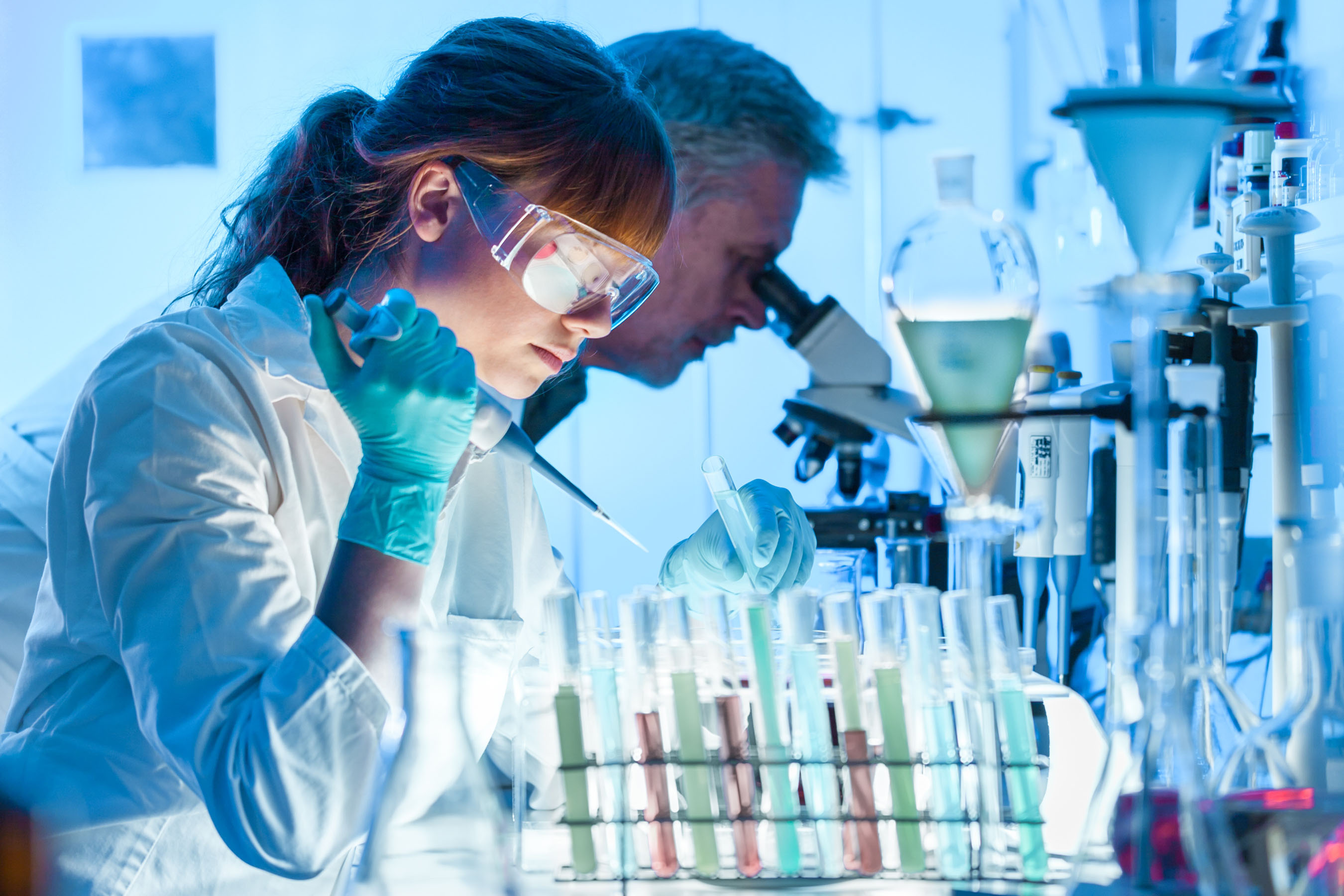If expanding the borders of human knowledge sounds like the ideal job description for you, then you are probably destined for the world of science.
Whether you want to set up your own basement laboratory, a biomedical company, or you simply just want to find out more about the equipment of the scientific world, it is worth familiarizing yourself with some of the best options available.
If you were not aware already, here are some prime examples of science tech that you may one day utilize on a daily basis.
X-Ray Fluorescence Spectrometers
Science often has a great need for the accurate identification and analysis of various chemical compounds, and this is often made easy with the help of the common, reliable, and accessible X-ray fluorescence spectrometer.
It is a way to quickly identify the nature of a sample without needing to harm it or compromise its integrity in any way.
You will likely find them in any industry that utilizes chemical analytics as part of their daily operations, which might include the pharmaceutical, forensic, food and beverage, and clinical analysis industries, for example.
You might want to check out malvernpanalytical.com for some much deeper insight into what some advanced and innovative x-ray fluorescence spectrometers look like.
Temperature Controlled Storage Options
To ensure the conditions of your laboratory are perfect for your samples and experiments, adequate storage is crucial.
There will likely be times when you will need to utilize cold storage to look after your experiments and protect the accuracy and quality of your research.
It can be easy to forget about the basics when there are so many fun machines and tech gadgets to ponder over, like thermocyclers and robotic arms, but the fundamentals should always be put first to make sure the lab is safe and secure.
Calorimeters
In order to measure the heat produced by chemical reactions, scientists use a calorimeter, a handy contraption that ranges from the ultra-basic to the marvelously advanced, but ultimately, they are often an essential part of a scientist’s tool kit.
If you hope to enter the field of particle physics and thermodynamics, you will likely see your fair share of these machines.
Microscopes
To unearth the mysteries of the world beneath the world, a microscope is a must. It is the staple of a scientist’s apparatus collection, and at the most advanced levels, they can even be used to see individual atoms.
You may not need to work at this particular magnification just yet, but it is certainly worth reading up on what kind of microscopes are in general use in labs, as this can give you a sense of what to watch out for and what kind of work that can be done using a microscope in a laboratory environment.
Safety Goggles
While a trope of the archetypal scientist image, safety goggles are crucial to the laboratory environment and an intrinsic part of health and safety as a whole – two factors that should always come first.




